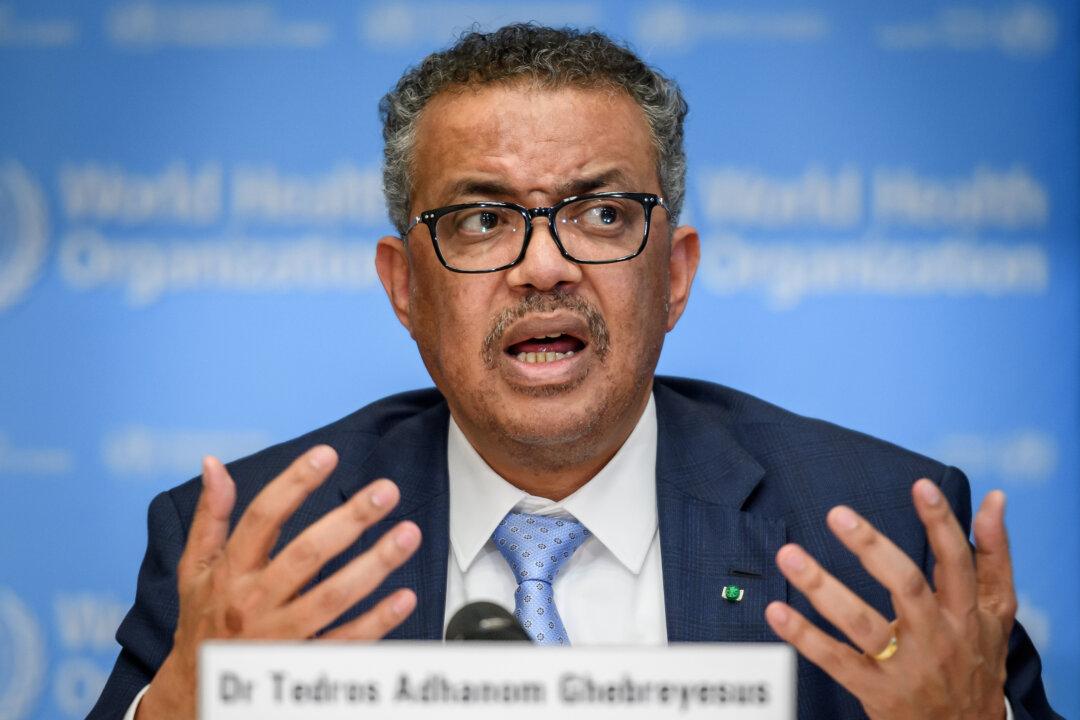The World Health Organization (WHO) struggled to obtain critical information about the CCP virus from Beijing in the early stages of the outbreak, contradicting the body’s public statements that praised the regime’s response to the crisis, according to recordings of internal meetings obtained by The Associated Press (AP).
The recordings show that WHO officials complained in meetings during the week of Jan. 6 that Beijing wasn’t sharing data needed to assess how the virus spreads between people and its risk to the rest of the world. Beijing didn’t confirm that the virus was contagious until Jan. 20, and prior to that said there was little to no risk of human-to-human transmission.





